|

 Up
Up 
 Wright Timeline 1870
to 1879
Wright Timeline 1870
to 1879 
(You
are here.)
 Down
Down




  Need
to Need
to
find your
bearings?
Try
these
navigation aids:
If
this is your first
visit, please stop by:
Something
to share?
Please:



|
|
Available in Française, Español, Português, Deutsch, Россию,
中文,
日本, and others.
 o
invention, no scientific discovery, no work of art, no human
endeavor happens in an historical vacuum. There are always other
factors -- cultural, political, personal -- that influence the
outcome of a single event. So it was with the invention of the
airplane. When Wilbur and Orville were children, the abacus was the most
advanced mathematical aid, influenza was an often-fatal disease, and
the cannon was the most feared weapon of war. By the time Orville
died, the first computers were just being built, antibiotics had
begun to wipe out disease, and the atomic bomb made war
unthinkable. Many of these advances influenced the development of
the airplane -- and the airplane, in turn, influenced further
advances. o
invention, no scientific discovery, no work of art, no human
endeavor happens in an historical vacuum. There are always other
factors -- cultural, political, personal -- that influence the
outcome of a single event. So it was with the invention of the
airplane. When Wilbur and Orville were children, the abacus was the most
advanced mathematical aid, influenza was an often-fatal disease, and
the cannon was the most feared weapon of war. By the time Orville
died, the first computers were just being built, antibiotics had
begun to wipe out disease, and the atomic bomb made war
unthinkable. Many of these advances influenced the development of
the airplane -- and the airplane, in turn, influenced further
advances.
Here is chronology that shows not just the story of the Wright
brothers, but also the world they lived in and the important political,
cultural, and scientific events that loomed large in their lives. Click on the
decade you want to see:
|
 |
Time
|
The Wright
Story
|
The Bigger
Picture
|
|
1870 |
|
|
The U.S. Weather Bureau issues
its first predictions. The Cardiff Giant, supposedly
discovered in New York, is exposed as a fake.
|
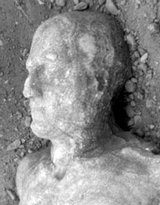 |
|
1871 |
Orville Wright is born
to Milton and Susan Wright in their newly-built home at 7 Hawthorn Street in Dayton, Ohio.
|
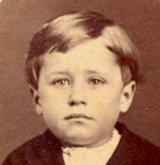 |
Francis Herbert Wenham and
John Browning,
England, invent the wind tunnel and prove that cambered
wings produce more lift than other shapes.
|
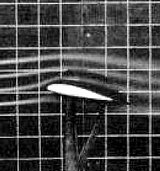 |
|
1872 |
|
|
Susan B. Anthony is arrested for voting and Yellowstone becomes the
first U.S. national park.
|
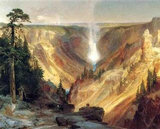 |
|
1873 |
|
|
Jules Verne publishes Around the World in Eighty Days,
an immensely popular science fiction story which includes
aerial transportation.
|
 |
|
1874 |
Katharine Wright is born at 7
Hawthorn Street on Orville's birthday. Of the five Wright
children, she is the only daughter.
|
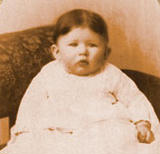 |
Felix Du Temple
makes the first recorded — but
unsuccessful — attempt at powered flight.
|
 |
|
1875 |
|
|
Bizet's opera Carmen
premieres in Paris. The U.S. passes the first Civil Rights
Act forbidding segregation, but it is struck down by the
Supreme Court several years later. |
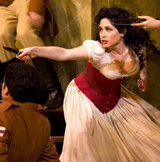 |
|
1876 |
|
|
Alexander Graham Bell invents the telephone and Lt.
Colonel George Custer makes his last stand against the Sioux at Little
Bighorn.
|
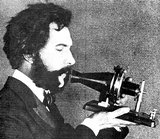 |
|
1877 |
Milton Wright is elected Bishop of the United Brethren
churches west of the Mississippi River and east of the Rocky
Mountains. He moves his family to Cedar Rapids, Iowa.
|
 |
Nikolaus Otto invents the four-cycle internal combustion
engine and Thomas Edison invents the phonograph.
|
 |
|
1878 |
Wright brothers build their first
aircraft, a rubber-band powered helicopter they call a
"bat."
|
 |
A. A. Pope manufactures the first bicycles in
America. The Columbia Hi-Wheeler is his most popular model;
Wilbur Wright later owns one of these.
|
 |
|
1879 |
|
|
Thomas Edison invents the first practical incandescent light
bulb and demonstrates electrical lighting at his Menlo Park
laboratory in New Jersey. At Yale University, Walter Camp
writes the rules for American football. |
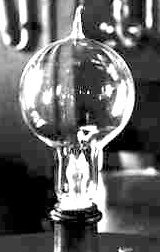 |
|